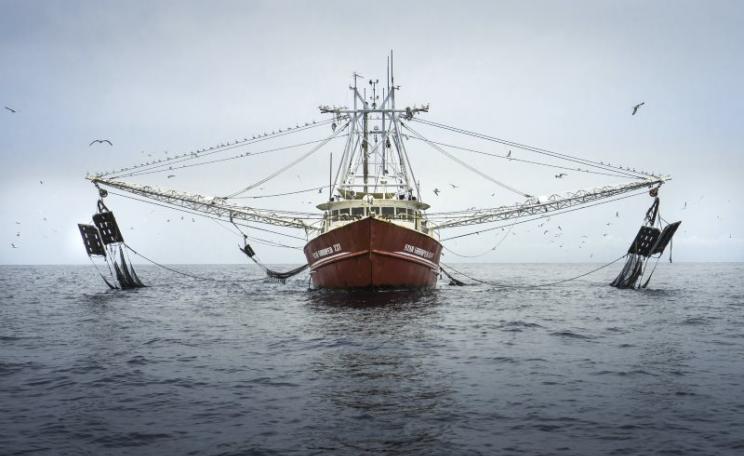Our report shows that strong national management is needed to protect localised whelk stocks, some of which are already at risk of collapse.
An increase in demand for whelks from overseas markets is putting populations of the sea snails at localised risk of collapse, conservationists warn.
Blue Marine Foundation (Blue) is calling for national management of the common whelk, which are not subject to quotas under European Union fisheries rules.
Increasing numbers of whelks are being landed, largely driven by rising demand from overseas markets such as Korea, Taiwan and Singapore which has pushed up the value of the seafood, the conservation charity said.
Collapse
UK whelk landings increased from 8,400 tonnes in 2003 to 22,700 tonnes in 2016, when they were worth £22.9 million.
Whelk fishing has become a popular "displacement fishery", as vessels move away from more highly regulated fish stocks, and also provide a seasonal alternative for crab and lobster fishermen.
But a study by fisheries consulting firm MRAG for Blue said the molluscs are being caught before they have had the opportunity to reproduce even once.
The current EU-wide minimum size a whelk must be before it is landed is 45mm (1.8 inches) but in England the edible sea snails mature when they've grown to between 45mm and 78mm (3.1 inches) depending on where they are.
There is also very little mixing between regional populations of common whelks, putting them at risk of localised overfishing and collapse, the study warns.
Bylaws
Charles Clover, executive director of Blue, said: "The UK government needs to do more to ensure that non-quota species like whelks are managed sustainably and not overlooked.
"More and more, we are seeing UK fishermen move away from highly regulated fish stocks towards those that have little or no national regulations protecting them.
"Our report shows that strong national management is needed to protect localised whelk stocks, some of which are already at risk of collapse.
"If we leave the EU the public will expect the government to assess our commercially exploited species systematically and to manage them proactively, as, for example, does Iceland, an independent coastal state."
Some local fisheries organisations are already addressing the problem by using regional bylaws to increase the minimum size at which whelks can be caught.
Coastal
Andrew Brown, director of sustainability and public affairs, Macduff Shellfish, one of the UK's largest whelk merchants, said: "The adoption of biologically based and regionally appropriate minimum sizes can be an important tool to support the progress currently being made on local management measures.
"It is critical that fishermen be engaged in discussions and decisions around management of local stocks to ensure buy-in and maintain progress on advancing management of this important stock."
An Environment Department (Defra) spokeswoman said: "Whelks are a much-valued marine species with protections available at a local level to ensure populations are fished sustainably.
"As we leave the EU and become an independent coastal state, developing a new domestic fisheries policy will give us the opportunity to build an even more sustainable fisheries industry."
This Author
Emily Beament is the Press Association environment correspondent.







